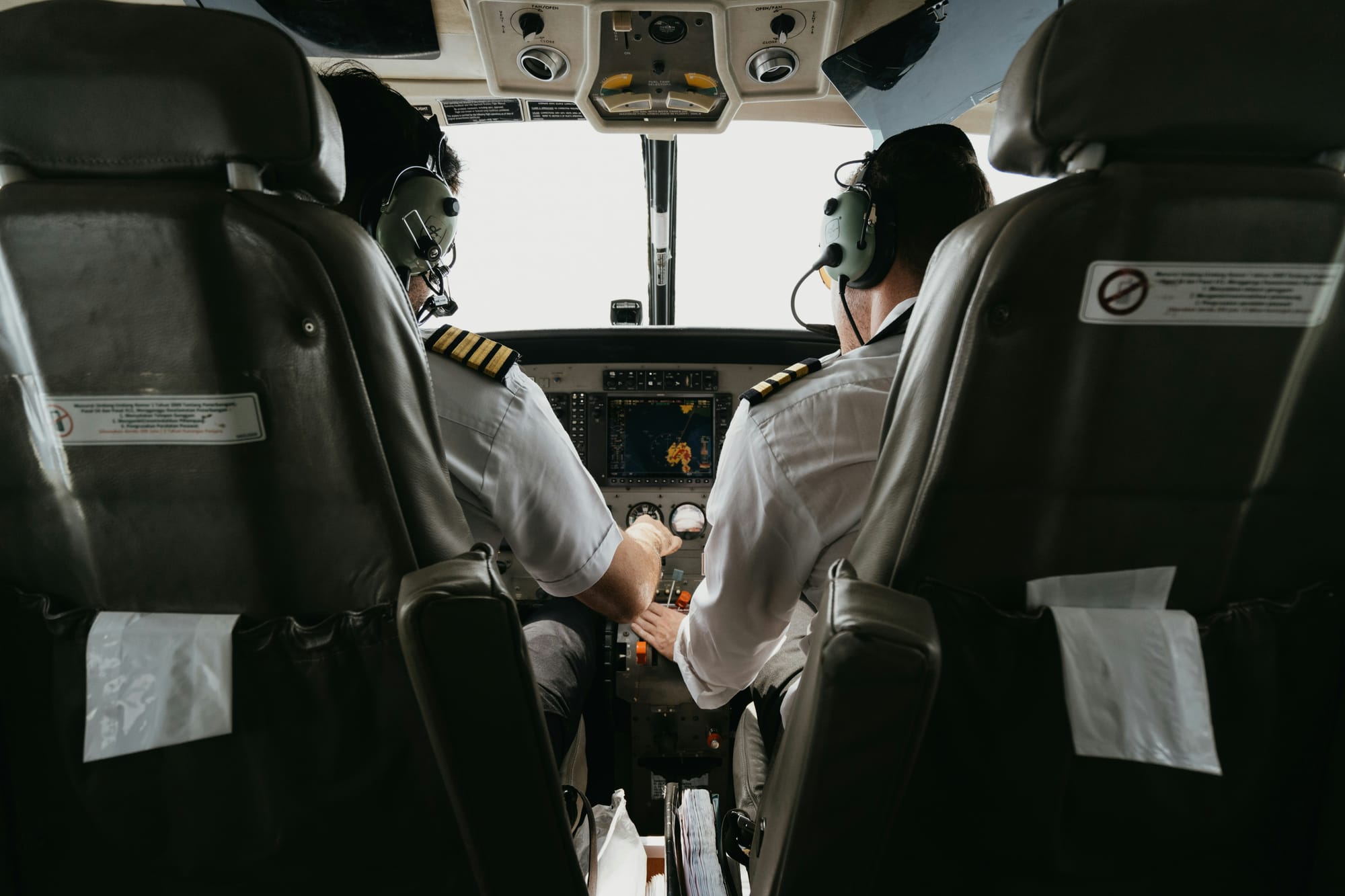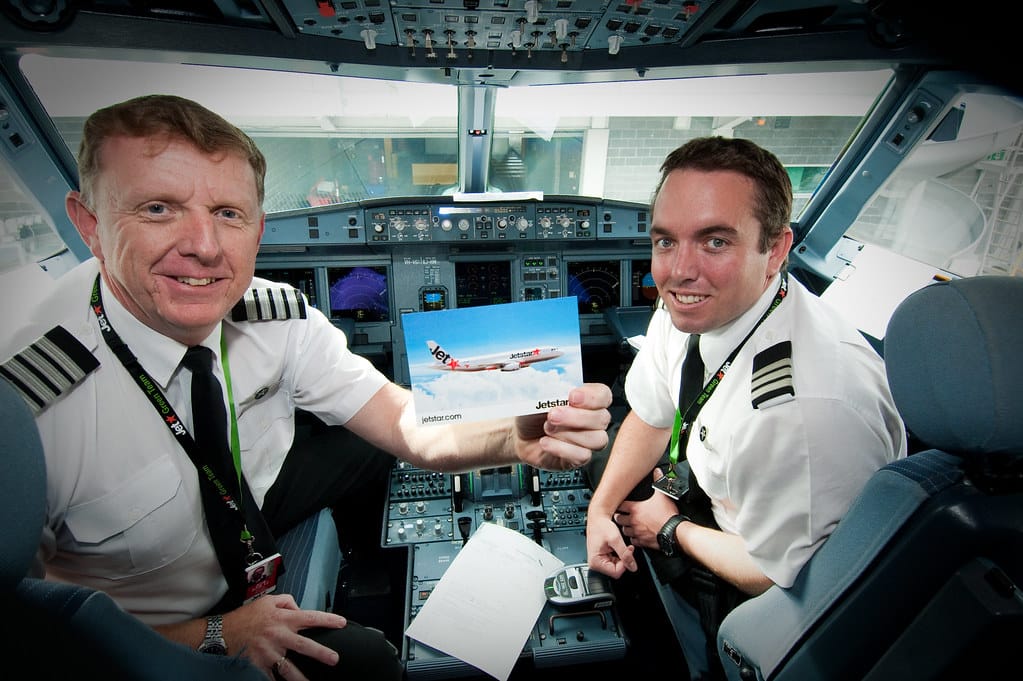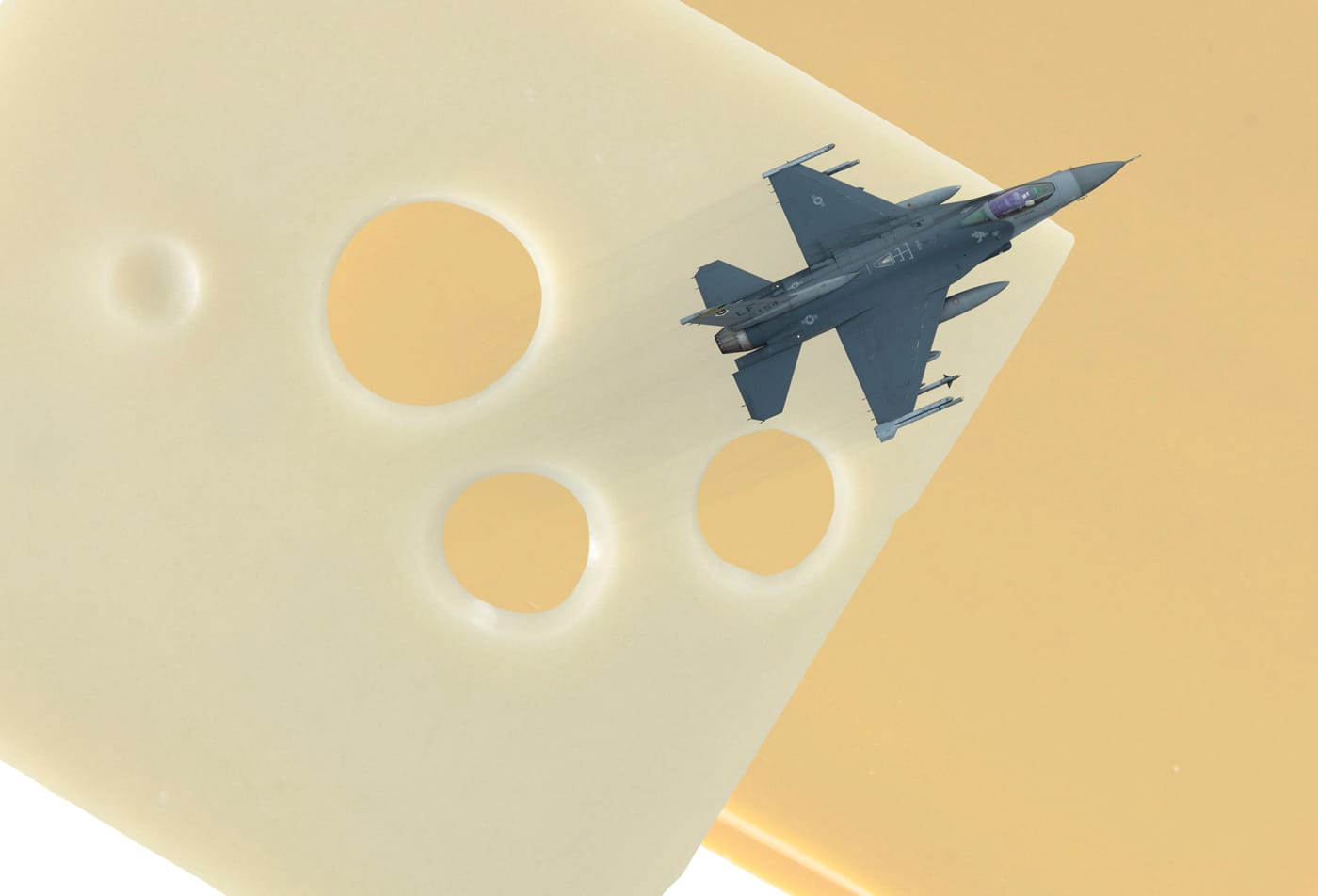How Much It Costs Per Hour to Operate a Commercial Airplane?
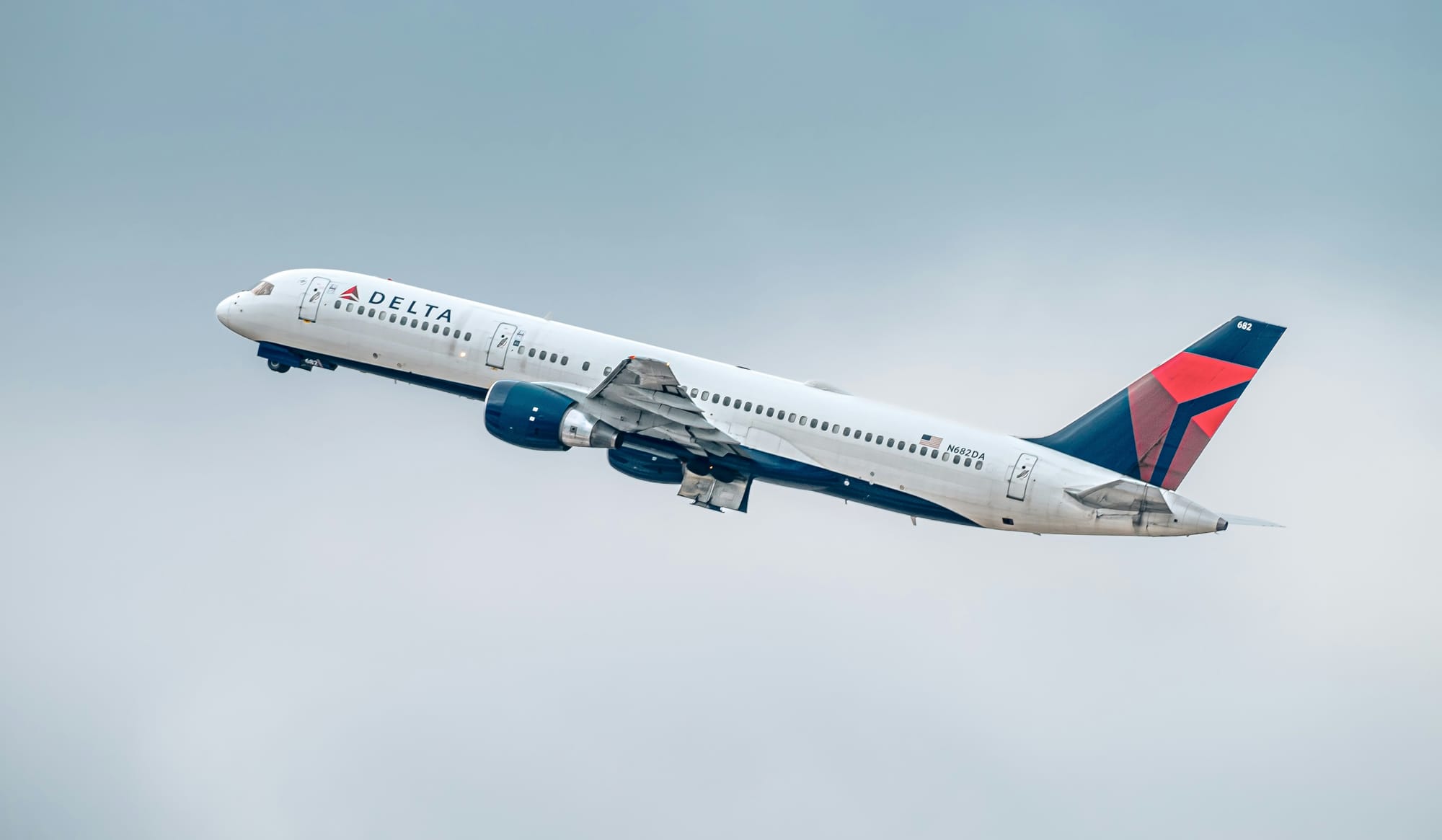
Operating a commercial airplane is an expensive undertaking, with numerous variables that impact the cost per hour. Airlines must consider everything from fuel and crew salaries to maintenance and airport fees, making it a complex calculation. Understanding how much it costs to operate a commercial airplane per hour sheds light on why airfare can be pricey and why airlines work tirelessly to optimize their efficiency.
Key Factors in Hourly Operating Costs
1. Fuel Costs
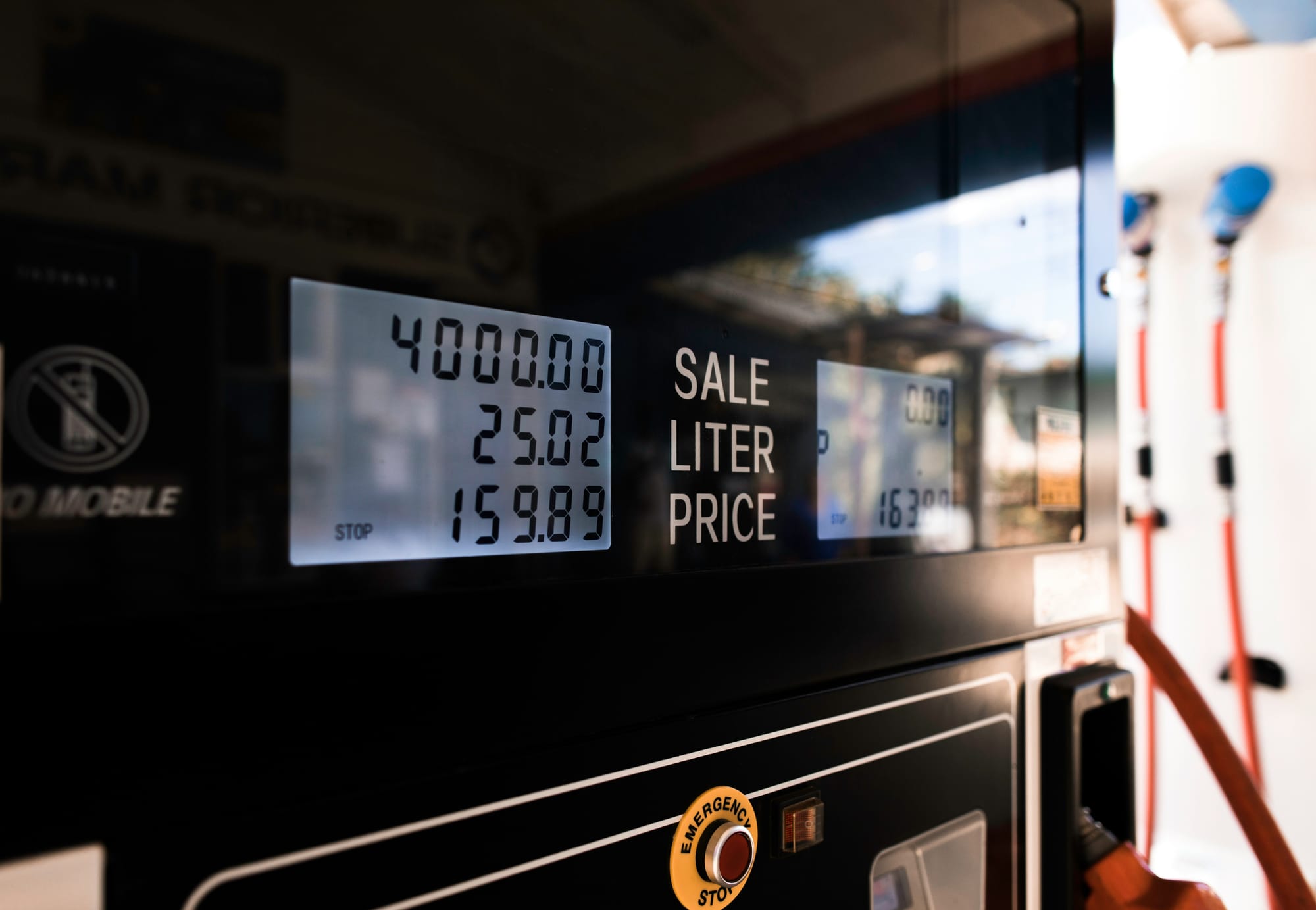
Fuel is the largest single expense in operating a commercial aircraft, accounting for anywhere from 25% to 40% of the total cost. The actual cost depends on the aircraft model, distance flown, and current fuel prices. Jet fuel prices fluctuate significantly due to global market conditions, but for estimation purposes, fuel alone can cost an airline anywhere between $2,500 to $10,000 per flight hour.
For example, a Boeing 737, which is a popular narrow-body aircraft, burns around 750 gallons of fuel per hour. At a jet fuel price of $3 per gallon, that equates to $2,250 per hour. Larger planes, such as the Boeing 777 or Airbus A380, consume more fuel, with costs easily exceeding $8,000 per hour during long-haul flights.
2. Crew Costs
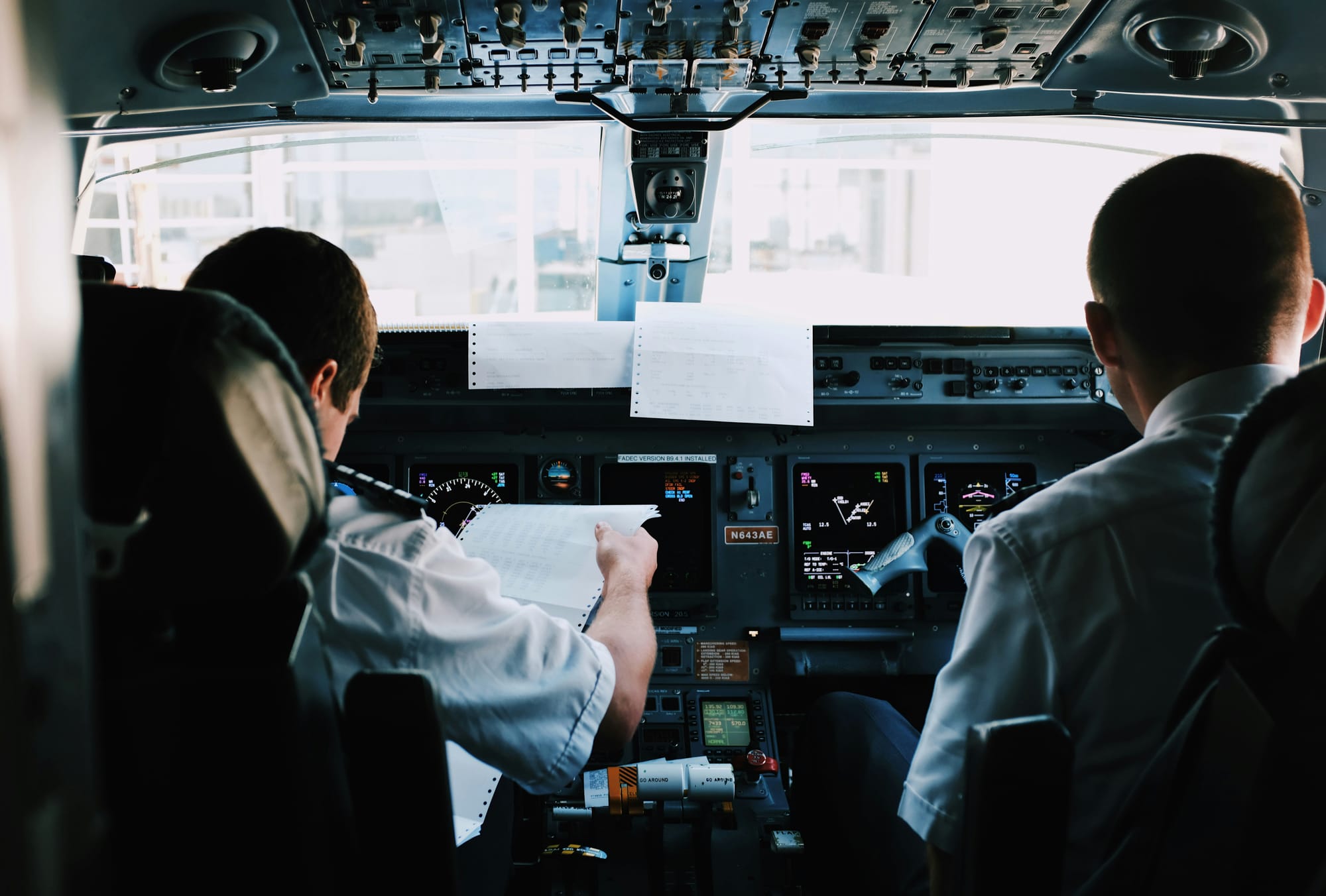
Commercial flights require a full complement of crew members, including pilots, flight attendants, and in some cases, additional technical staff. Pilot salaries are typically the highest component of crew costs, with experienced captains earning substantial incomes. In the U.S., a pilot for a large commercial aircraft can earn between $100 to $500 per hour, while first officers earn slightly less.
Flight attendants’ hourly rates vary, but they generally range between $20 to $50, depending on the airline and experience level. On average, the total crew costs per hour for a mid-sized plane like the Airbus A320 can be around $800 to $1,800.
3. Maintenance and Depreciation
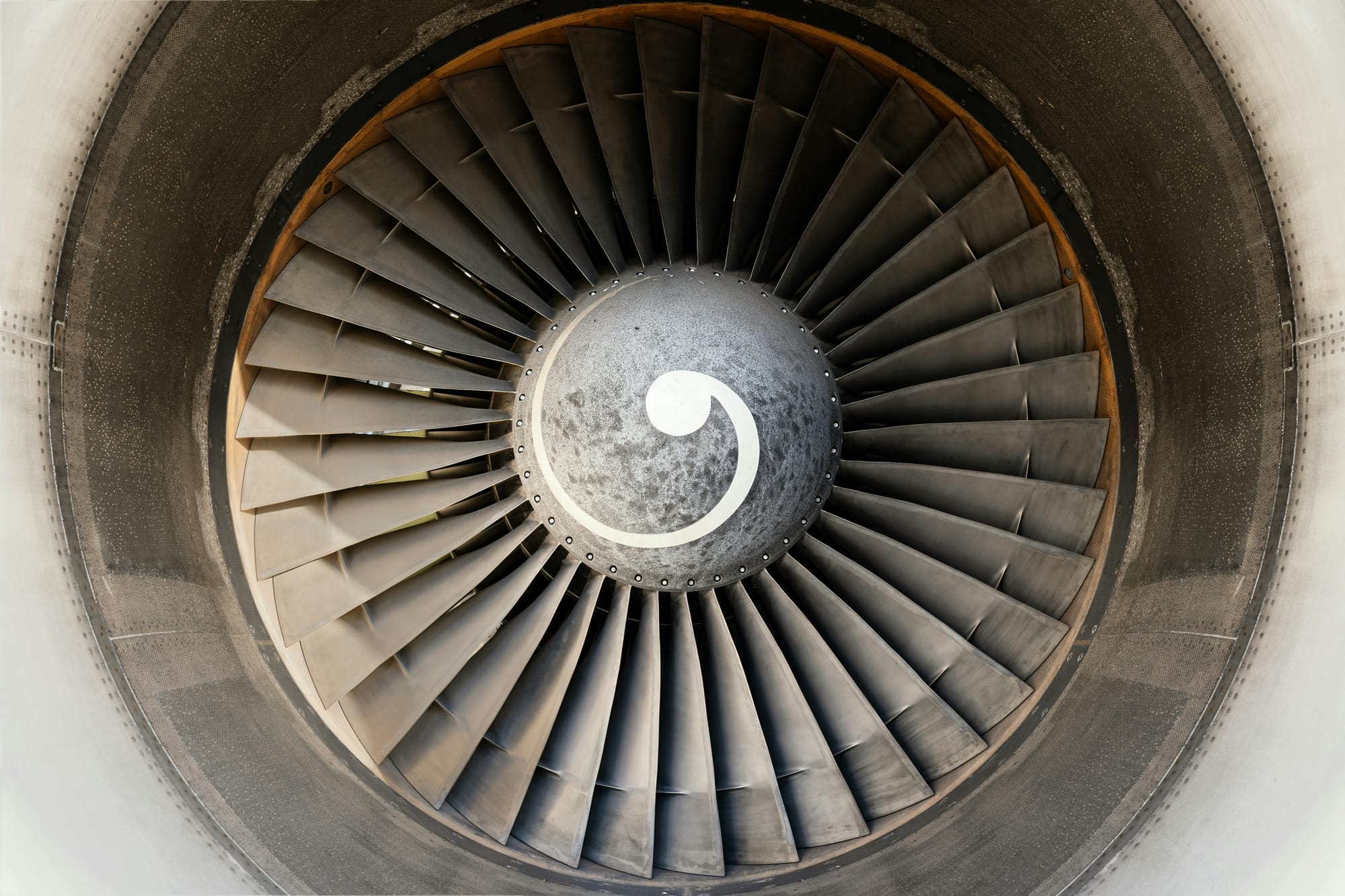
Aircraft undergo constant maintenance to ensure safety and reliability, and this comes at a significant expense. Maintenance costs vary depending on the aircraft's age and frequency of use, but for most commercial planes, airlines budget about $1,000 to $3,000 per flight hour.
Depreciation also factors into costs, as airlines need to recoup the purchase price of their fleets. A new Boeing 737 can cost upwards of $100 million, so spreading that over the lifespan of the aircraft contributes several hundred dollars per hour to operating costs. Maintenance reserves for engine overhauls and component replacements can add another layer of expense to ensure compliance with safety regulations.
4. Airport and Navigation Fees
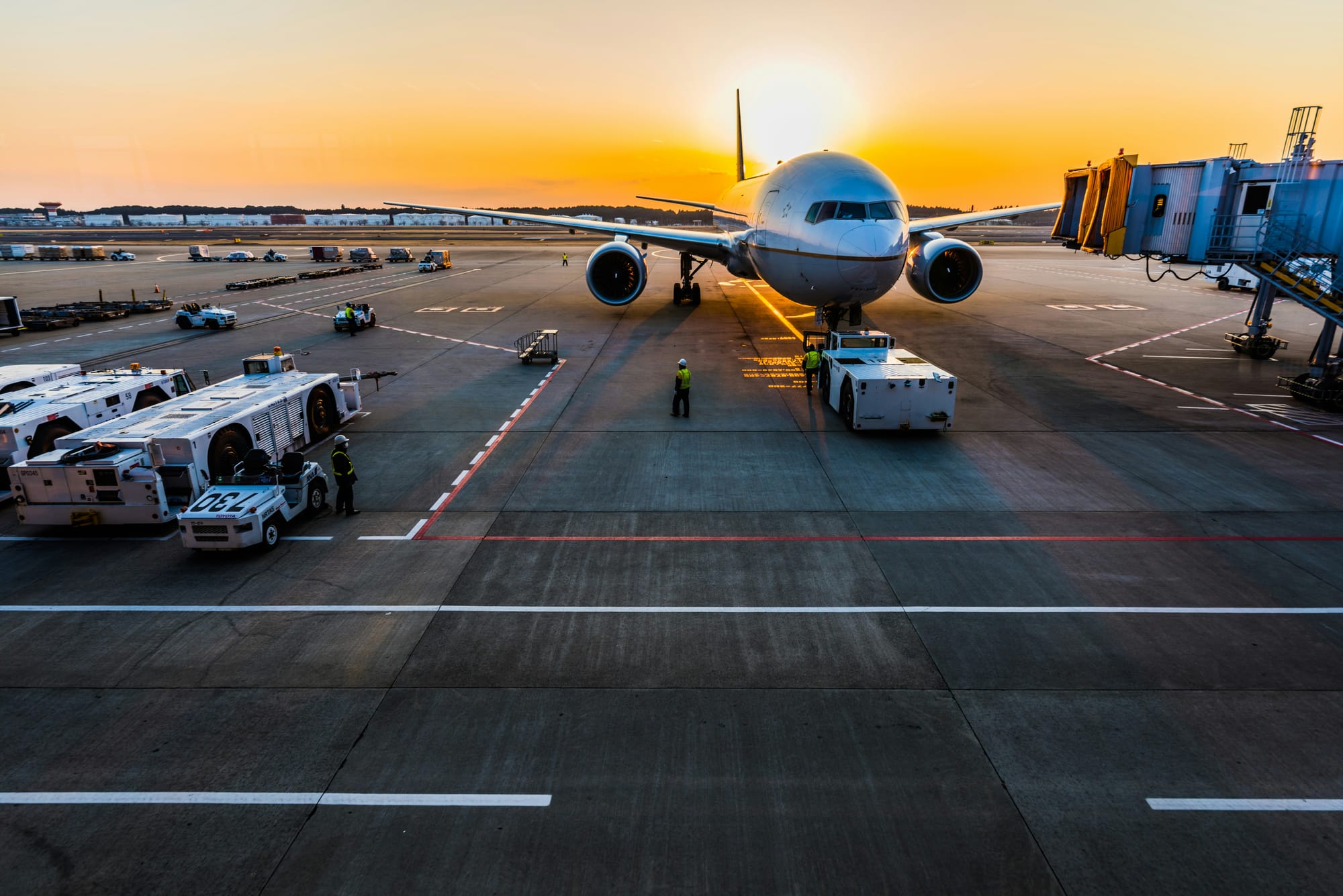
Airlines pay fees to airports for services such as landing, parking, and terminal use. These costs are typically included in an aircraft’s hourly operating expenses and vary by airport and region. In major international hubs, landing fees can be several thousand dollars per flight, while in smaller regional airports, the costs are much lower.
In addition to airport fees, airlines must pay for air traffic control and navigation services. These charges, known as route charges or overflight fees, depend on the flight’s route, aircraft weight, and distance traveled. They can add several hundred dollars to the cost of operating a flight per hour.
5. Insurance and Miscellaneous Costs

Insurance is another major factor, with airlines paying for coverage on their aircraft, passengers, and cargo. The cost of insurance varies based on the type of aircraft, regions of operation, and airline safety records. Estimates suggest that insurance costs range from $100 to $400 per hour for most commercial flights.
Other costs such as onboard services, in-flight catering, and cleaning services add to the overall hourly costs, especially on long-haul flights where meal service is a standard offering. These additional expenses can range from $200 to $500 per hour depending on the level of service.
Examples of Hourly Operating Costs
- Boeing 737 (Medium Range, Narrow-Body)
- Fuel: ~$2,250 per hour
- Crew: ~$1,000 per hour
- Maintenance: ~$1,500 per hour
- Total: $4,750 to $6,500 per hour
- Airbus A320 (Medium Range, Narrow-Body)
- Fuel: ~$2,000 per hour
- Crew: ~$900 per hour
- Maintenance: ~$1,200 per hour
- Total: $4,100 to $6,000 per hour
- Boeing 777 (Long-Haul, Wide-Body)
- Fuel: ~$7,000 per hour
- Crew: ~$2,500 per hour
- Maintenance: ~$3,000 per hour
- Total: $12,500 to $18,000 per hour
- Airbus A380 (Long-Haul, Wide-Body)
- Fuel: ~$10,000 per hour
- Crew: ~$3,000 per hour
- Maintenance: ~$4,500 per hour
- Total: $17,000 to $22,000 per hour
Final Thoughts
The cost to operate a commercial airplane per hour is influenced by a wide range of factors, from fuel prices and crew salaries to maintenance and airport fees. Airlines spend anywhere from $4,000 to $25,000 per flight hour, depending on the type of aircraft and the route flown. These operational costs have a direct impact on ticket prices and the profitability of airlines.
In an era where efficiency and cost-effectiveness are critical to staying competitive, airlines continuously seek ways to reduce these expenses through newer aircraft, optimized routes, and technological innovations. As aviation technology evolves, we may see significant improvements in reducing the cost per hour of flying, benefiting both the airlines and the passengers.


